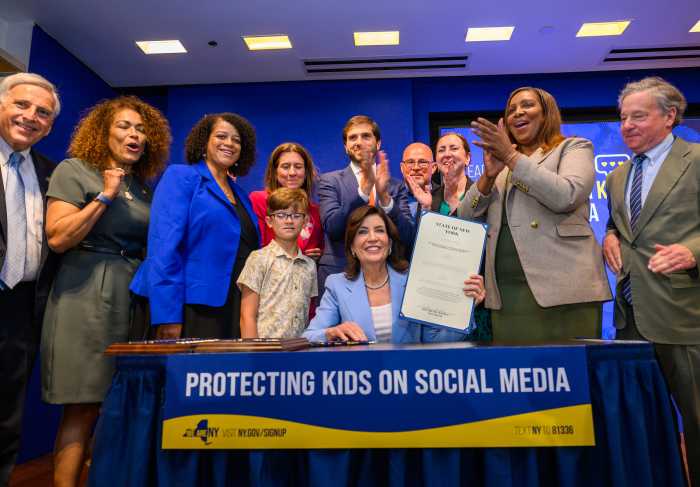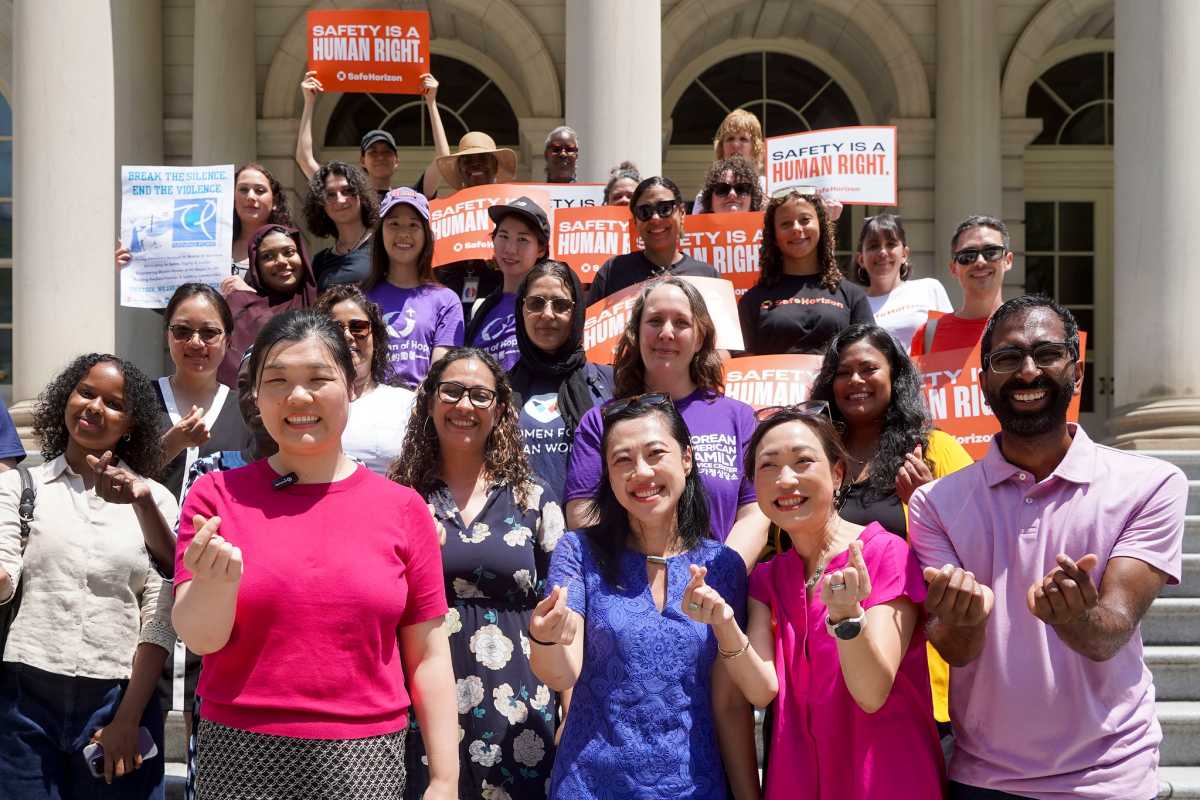My 13-year-old daughter was in the dentist’s chair recently when she and I heard the dreaded prognosis: “You have a cavity.”
Of course, I wasn’t shocked. Kids get cavities all the time. But what happened next did shock me: the dentist told her it “wasn’t her fault.”
Not her fault? That was not what I expected.
Where was the lecture about how she needs to brush better, and more often? Where was the diatribe on how important her teeth are that she’s too old to grow new ones? Where were the warnings about how, if she doesn’t shape up, her teeth are going to ship out?
Nope, according to this quack, it’s not her fault.
I was beside myself. What was he talking about? I’m pretty confident no one else is flossing or brushing her pearly whites. Yes, I long ago gave up hovering during her bedtime routine, enforcing end-of-day personal clean up, but I’m still confident a lack of dental hygiene — her lack of dental hygiene — leads directly to cavities.
So if my teenager isn’t responsible for this dental decay, who the heck is?
The dentist was going on and on about how this type of cavity comes from developmental causes, and I’m thinking that while he’s repairing my child’s tooth, he’s damaging something much bigger — her sense of personal responsibility.
When my kids were little, I was all caught up in raising them to have a strong self-esteem. The shelves at BookCourt are filled with volumes dolling out advice how you should encourage and not blame and praise the effort, not the result.
That’s great for a two year old.
But at some point you have to call a screw up a screw up. So I’ve always taught my daughters that you turned the paper in late. You didn’t put your dishes in the dishwasher. You spent all your allowance and don’t have any money left.
When I tell her not to blame the teacher or the weather, because she could have studied more for that test, I’m really saying, you are in control, you have the strength to do better. What could be more empowering than that?
And if she tells me her room is clean and I point out it’s only because someone else washed and folded all her clothes because she didn’t do it, I’m saying her actions impact the people around them.
Isn’t this the essence of personal responsibility, that you and your actions matter, maybe not to the entire universe, but to you and the people around you? I want my daughters to understand they are capable of caring for themselves, they can understand their weaknesses and make changes, they can impact their lives and their circumstances. This is what self-esteem is about, being accountable to yourself and others for the choices you make.
So when I told my 14-year-old that night to get ready for bed and she started to explain that the cavity wasn’t her fault, I stopped her mid-sentence, explained that I heard what the dentist said, but argued that if she didn’t brush her teeth, she will get cavities.
It’s that simple and, now, I’m not going to tell her what to do.
She went and brushed her teeth.
I felt very proud.
Read The Dad every other Thursday on BrooklynPaper.com.

























